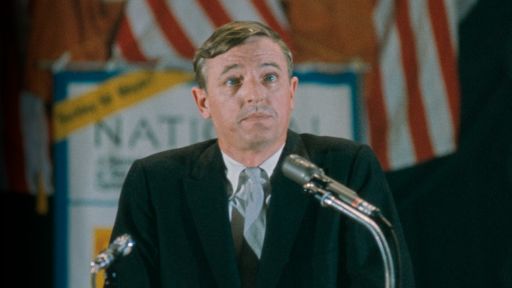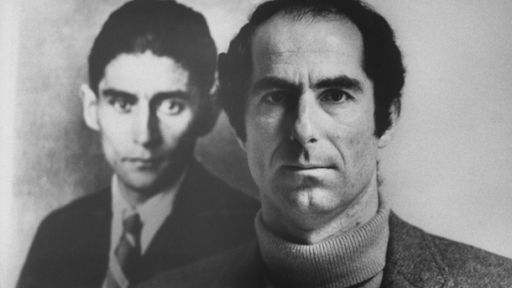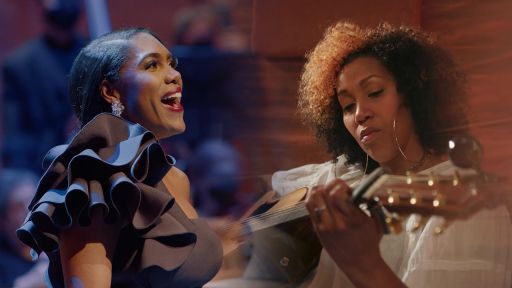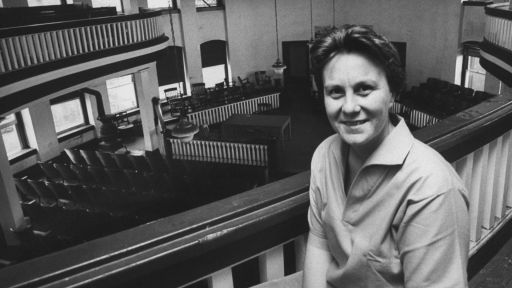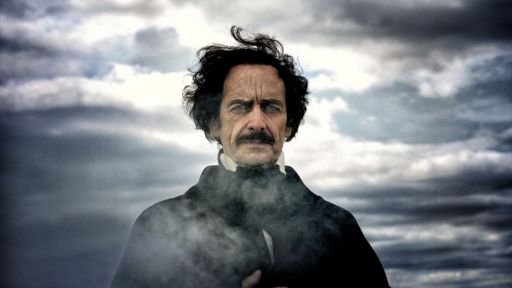Growing up, Denis O’Hare was surrounded and inspired by musicians. His grandmother was a flapper from the 1920s and ’30s who played in an all-girl band. His mother was a church organist and his aunt played as a cellist.
Features



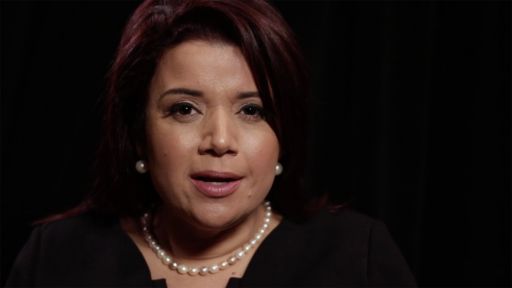

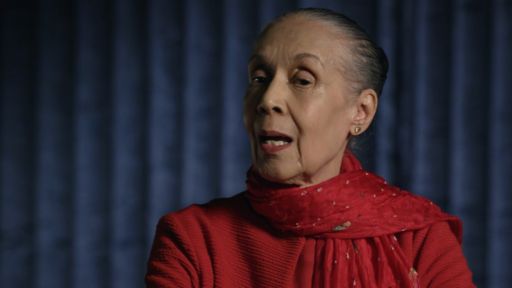
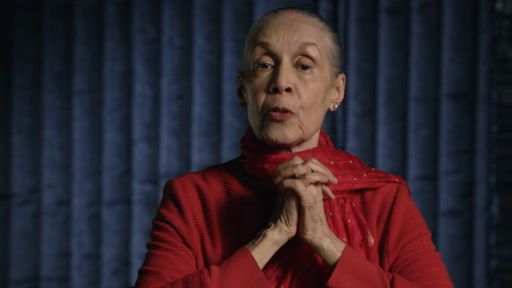
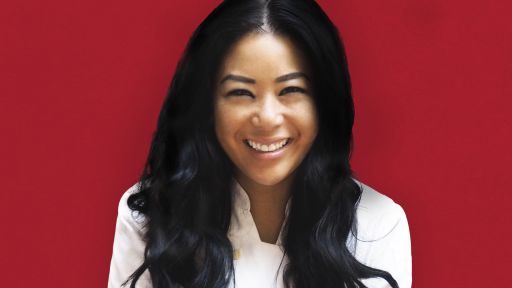

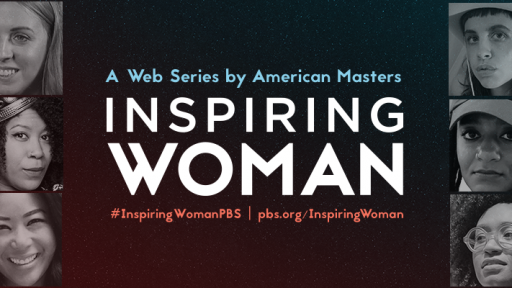
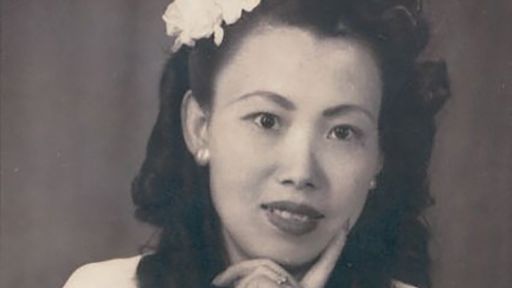
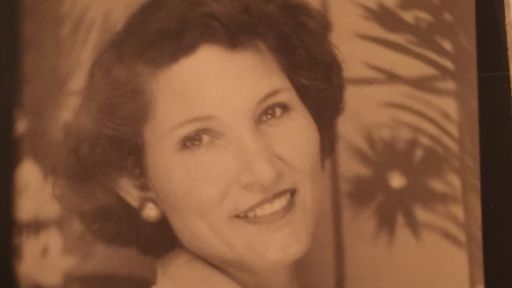
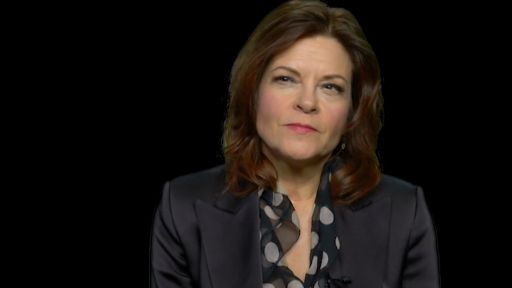
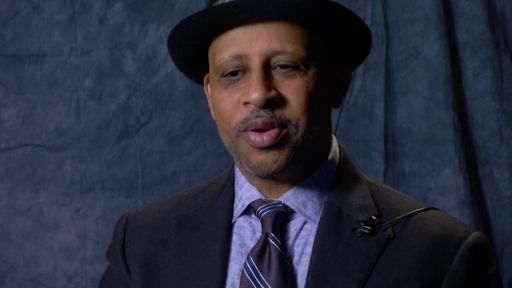
Some of the women who have inspired me... My grandmother, my mother and my aunt.
All musicians.
My grandmother, I never knew, she died in 1936 of TB.
My mom was five years old.
But she was a flapper who had an all-girl band in Pennsylvania somewhere, and played the cello and her other girl band members played the coronet and the drum.
I had this great picture growing up of my grandmother and her fellow bandmates doing this crazy flapper gig.
And I thought it was so cool that these women were creating their own work and independent and stylish and artistic.
And then growing up, my mom was a musician.
She was a church organist and and a musician and I just loved her talent and I loved the fact that she could create music.
She taught me to play church organ.
And my aunt growing up was a cellist with the Winnipeg symphony, and her husband was a violinist, and they were sort of my inspiration because they were these Bohemian musician types, and I just loved it.
I read a lot - I read a lot of fiction and non-fiction and there are three women who come to mind - one is fiction and one is non-fiction - Mary Beard, who writes about the Roman Empire, and Virginia Woolf, who is Virginia Woolf, and Barbara Tuchman who is a famous historian who wrote about a lot of things.
But I just sort of love the historical take that Mary Beard, especially, provides with the Roman Empire.
I love the sweep of history that Barbara Tuchman provided when it came to taking so much information and turning it into a compelling narrative, and I love the revolution that Virginia Woolf ushered in with her writing - the kind of psychological point of view and the telescoping of a day in a book like Mrs. Dalloway.
You May Also Like
